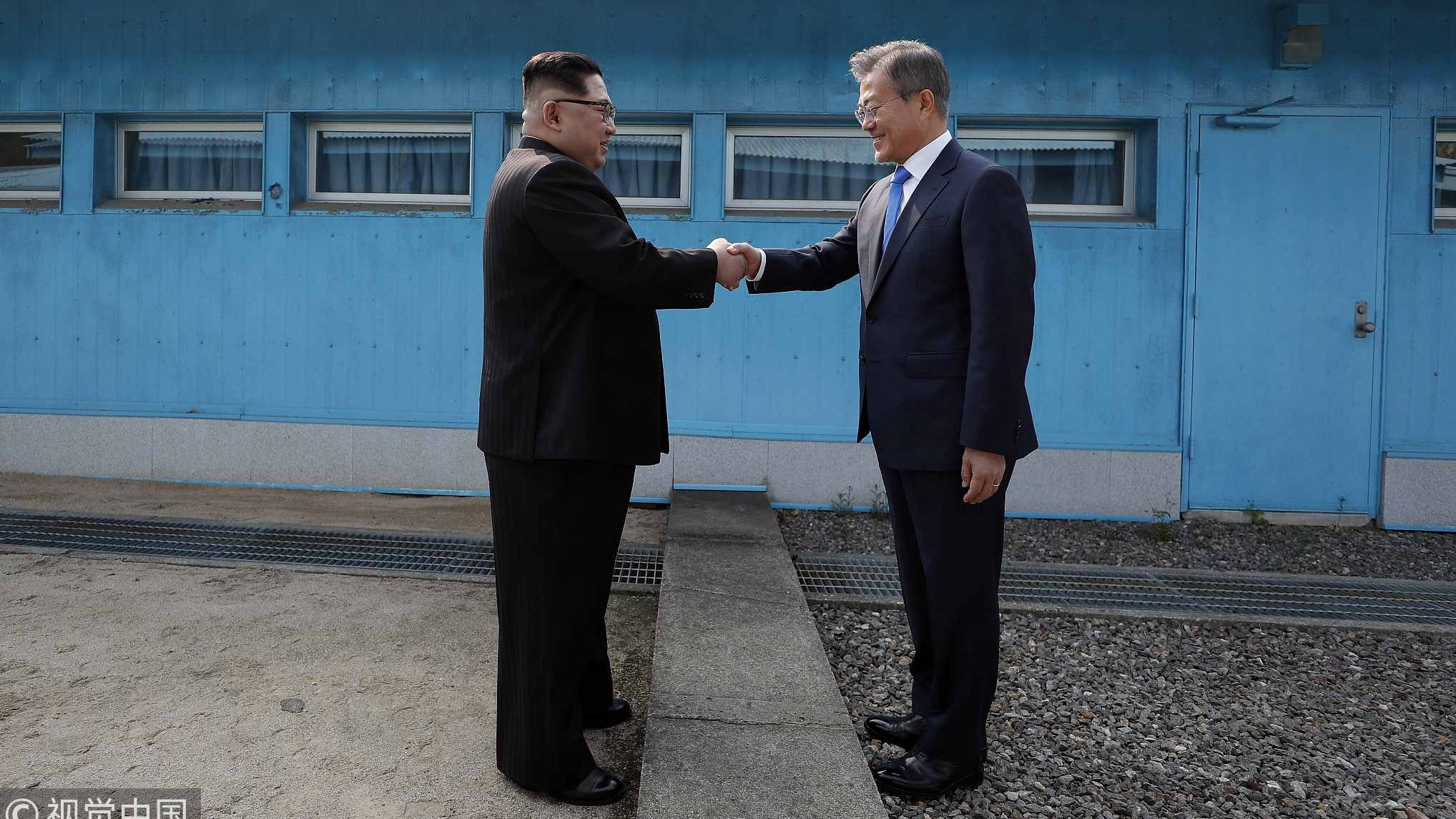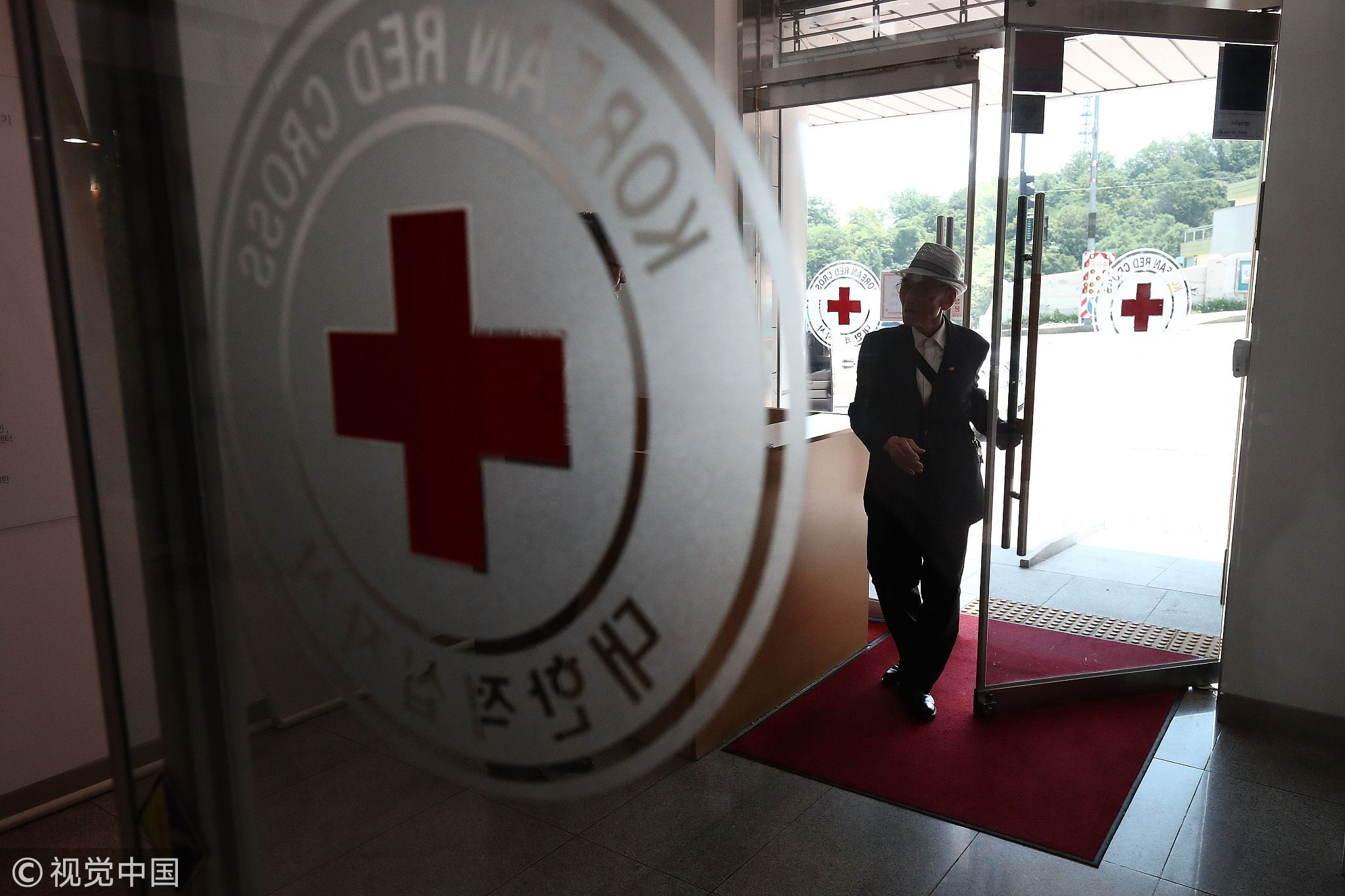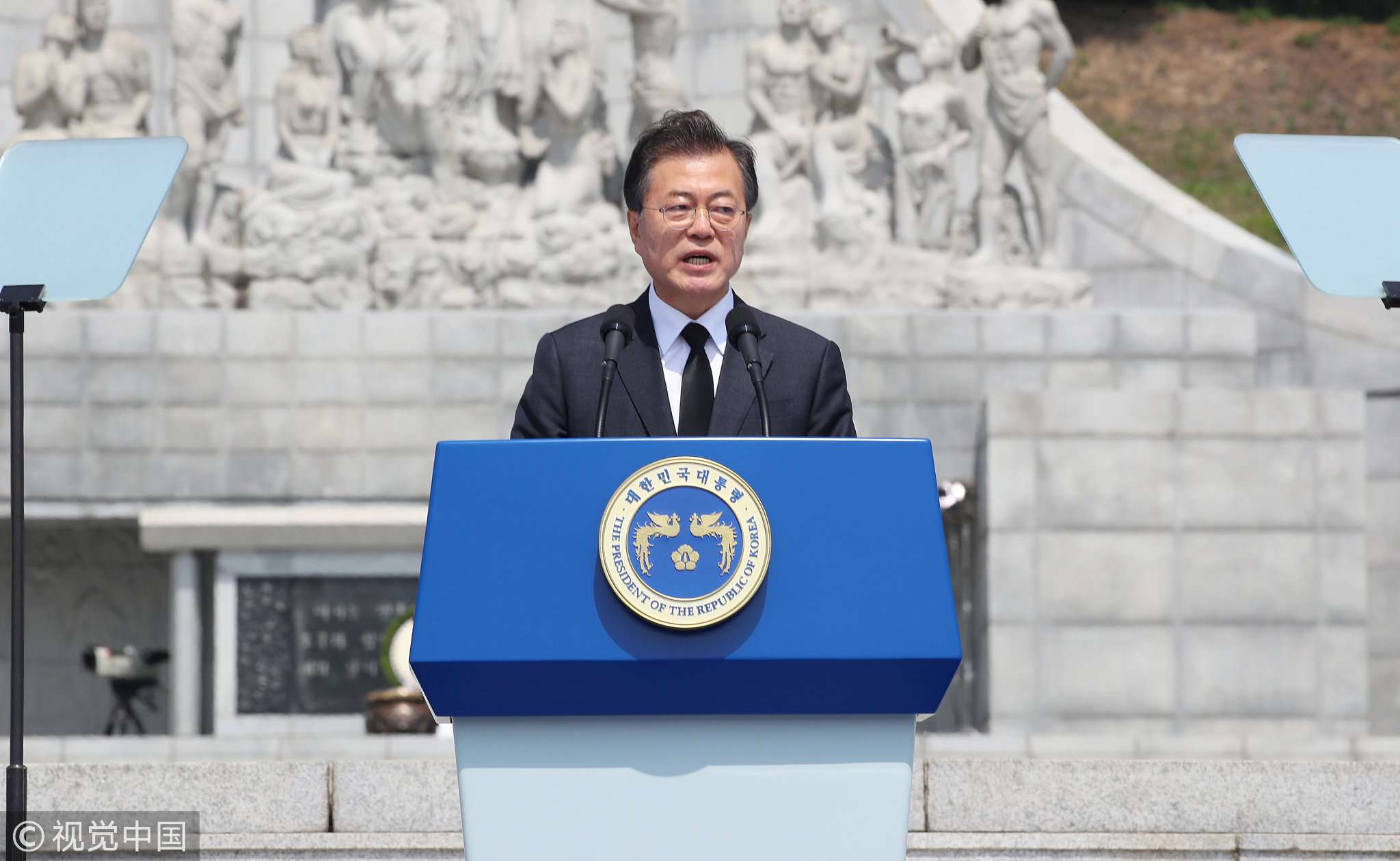
Opinions
14:40, 04-Aug-2018
Opinion: Where will the Korean Peninsula peace talks go after the reunion?
Updated
14:25, 07-Aug-2018
Wang Chong

Editor's note: Wang Chong is a senior research fellow of the Charhar Institute. The article reflects the author's opinions, and not necessarily the views of CGTN.
The Democratic People's Republic of Korea (DPRK) and Republic of Korea (ROK) authorities will reunite Korean families at a Kumgang Mountain resort from Aug. 20–26.
After preparations that lasted for months, on Aug. 4, the two sides will exchange the final list of names for this reunion. For the first time since 2015, the separated families are getting together again. This event, against the backdrop of the ongoing peace talks of the Korean Peninsula, has been imbued with special meaning.
The reunion of separated families can be seen as an indicator of the peninsular peace process. The families coming together create a peaceful and friendly atmosphere between the two countries, an act that cannot happen if things were otherwise.

ROK resident Yoo Ki-Jin, 93, enters the Korean Red Cross headquarters to apply for reunification with his family members living in the DPRK, in Seoul, ROK, June 22, 2018. /VCG Photo
ROK resident Yoo Ki-Jin, 93, enters the Korean Red Cross headquarters to apply for reunification with his family members living in the DPRK, in Seoul, ROK, June 22, 2018. /VCG Photo
However, there are also worries that suggest that the setbacks in the US and DPRK negotiations could cause the reunion to come to a premature end. I, on the other hand, believe that such an occasion is very unlikely to happen.
Firstly, it was a tragedy for those separated families to be deprived of their loved ones by the 38th parallel. Many of them are over 70 years old, so letting them meet is simply respect for basic human dignity. There is no way that the United States, let alone the international community, would reject such an endeavor.
Secondly, some of the peninsular problems are global issues, such as the nuclear crisis; some of them are regional, such as the conflicts between the DPRK and Japan; some of them are simply national confrontations left over from the Second World War. The reunion of separated families belongs to the last sort, which has to be resolved properly. Of course, we do not expect it to be settled once and for all, but providing a chance for those people to meet is an act that should not be objected to by any other country.

ROK President Moon Jae-in pays a silent tribute during a ceremony marking Korean Memorial Day at the National Cemetery in Daejeon, ROK, Jun 6, 2018. /VCG Photo
ROK President Moon Jae-in pays a silent tribute during a ceremony marking Korean Memorial Day at the National Cemetery in Daejeon, ROK, Jun 6, 2018. /VCG Photo
Thirdly, this event also has special meaning for current ROK President Moon Jae-in. During the Korean War, his parents fled from the DPRK and took refuge in the ROK, settled down and worked hard, and raised their son properly until he was elected president. The experience of his parents and himself is the manifestation of such a brotherhood between one nation and one race.
In talks on April 27, Moon Jae-in and Kim Jong Un had a long and private conversation. I think their talk must have covered the topic of the reunion of the two countries based on their personal feelings, and before that day, ice must be broken. From the reunion of families to regular visits for those families, to the everyday exchange of economics and personnel, everything must be realized step by step.
So while the overall situation on the peninsula hopefully will not get any worse, this event will surely bring up the ethos of family love. So next, we should collect the related news reports from the DPRK to see whether the media focuses on this or not. We should also closely watch if it is possible for those visits to be more frequent, and if mutual visits could happen.
If those separated families have a chance to visit their loved ones, the hostility between the two sides will gradually fade away. The peninsular issues are important, and the union of this region will be the trend of the times, which should be recognized by all interested parties. A nuclear-free, united, and peaceful Korean Peninsula would be a great blessing for the Korean people, for its neighbors, and also for the rest of the world.

SITEMAP
Copyright © 2018 CGTN. Beijing ICP prepared NO.16065310-3
Copyright © 2018 CGTN. Beijing ICP prepared NO.16065310-3